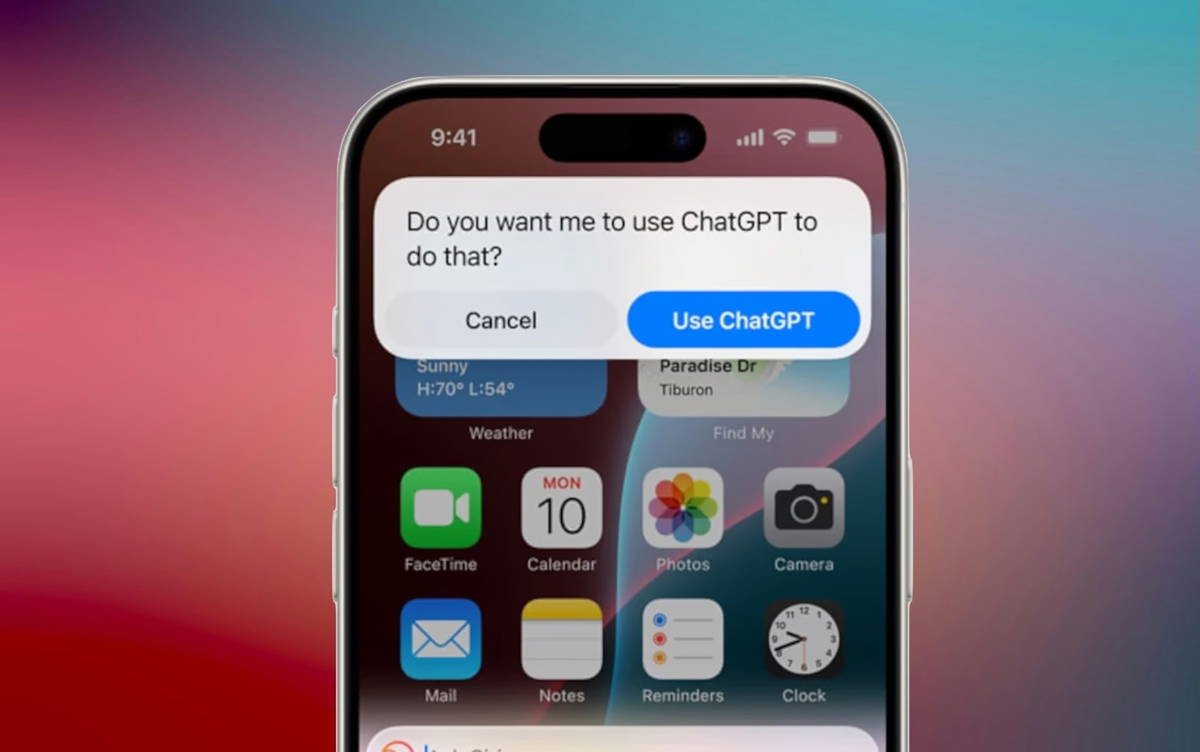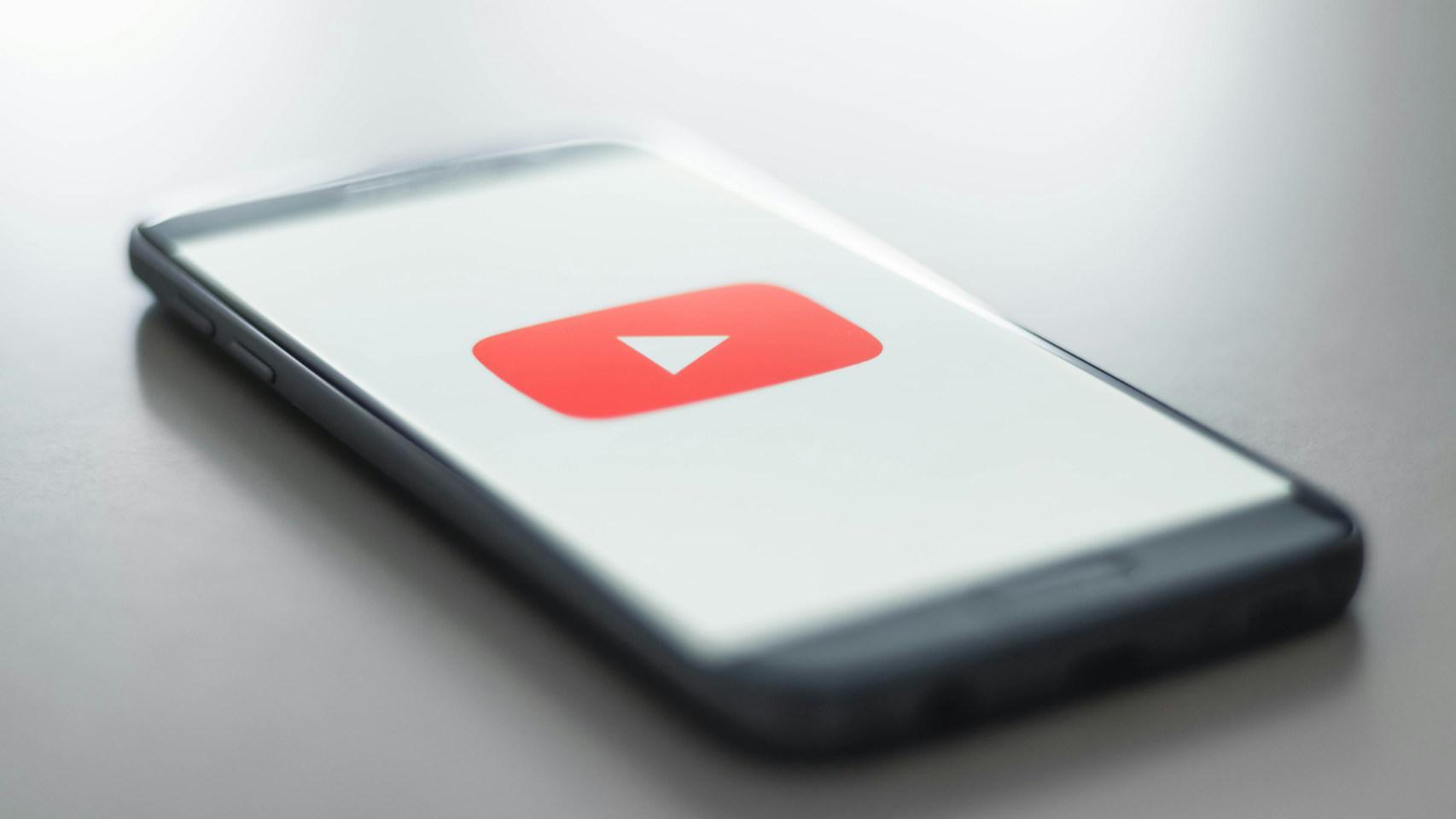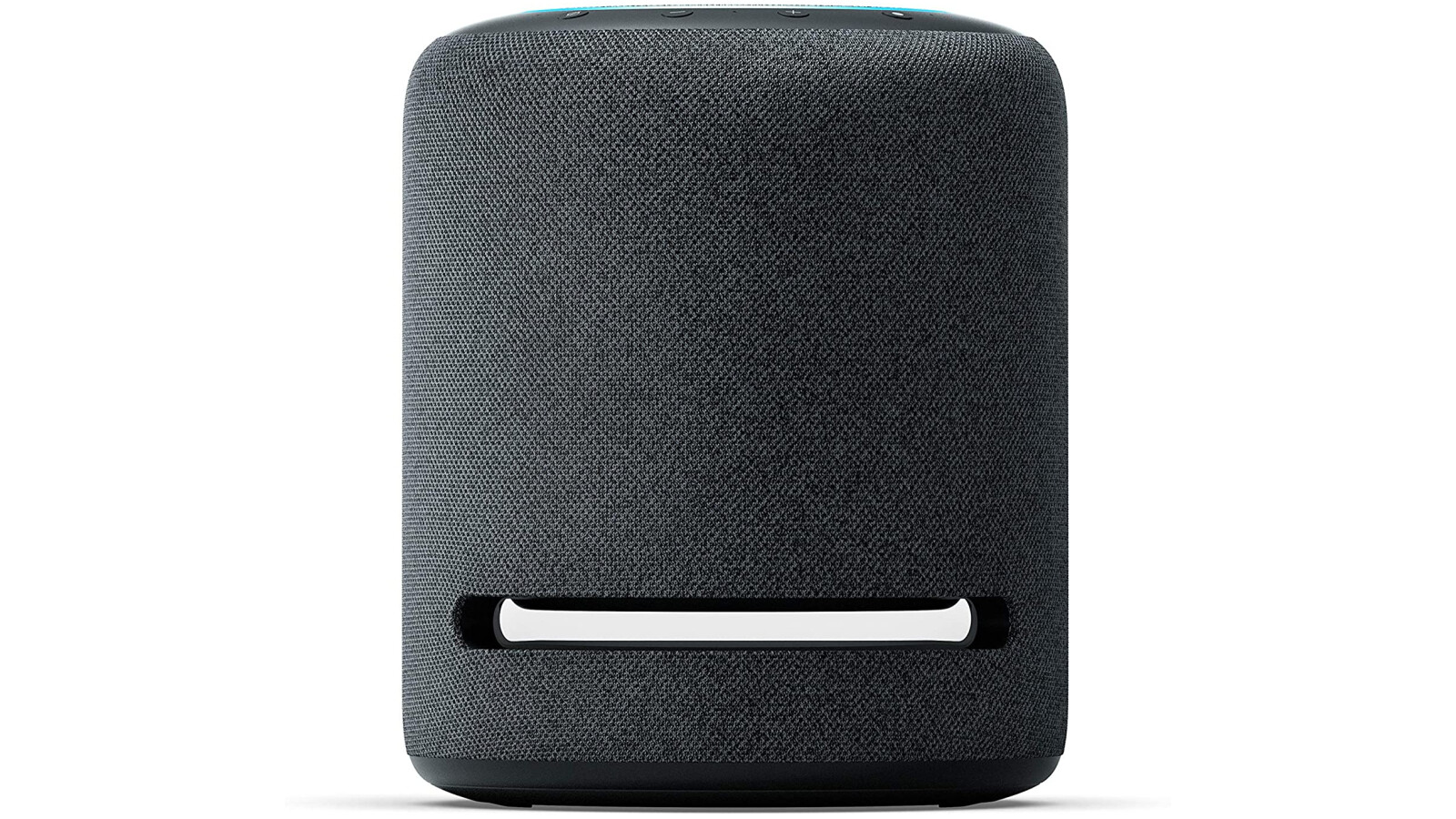Google’s multi-search or the new immersive interior view of Google Street View were not the only novelties that Google presented at its Search On event. The company also announced a major improvement for Google Lens Translator.
Among all the functions of Google Lens we find one of the most used: its augmented reality translator in which translates over 1,000 million images every month and that in a few months the translation will be much better. And it’s not because it’s going to offer better ones, something that Google works every day to improve them, but rather the translations will be visually much better
Translation perfectly integrated into your image
What you love about translating with Lens is now even better. 💡
Thanks to major advances in AI, the translated text appears perfectly integrated, as if it were part of the original image. Transform the text… into context! #SearchOn pic.twitter.com/N8YySv87z1
-Google Google) September 28, 2022
Currently, if you focus on a text with the Google Lens translator camera, or select an image to translate it, the app overlays the translation on top of the original text with color blocks, so if an image contains a lot of text when translating, a significant percentage of that image will be lost. Well, that won’t be the case in the near future.
Google has announced that thanks to great advances in AI, translated text will appear perfectly integrated, as if it were part of the original image. Once an image has been translated, it will be very difficult to know what language the original was in.

To achieve this, what Google Lens will soon do is separate the text from the image. Image recognition will translate the text and place it in the most similar font on the image, but before pasting the translated text, Google’s magic eraser will erase the original text from the image

This image and text processing will be done in 100 milliseconds. In the blink of an eye, we will see the translated text with the background of the original image, either by translating an image or in real time by pointing the camera at a poster. Google reported that this novelty will arrive at the end of the year.









